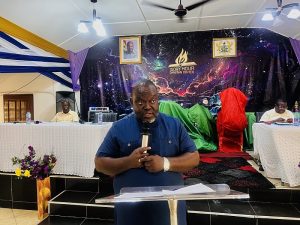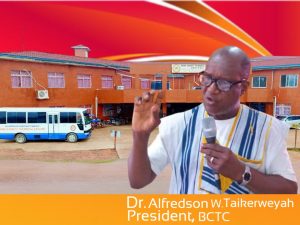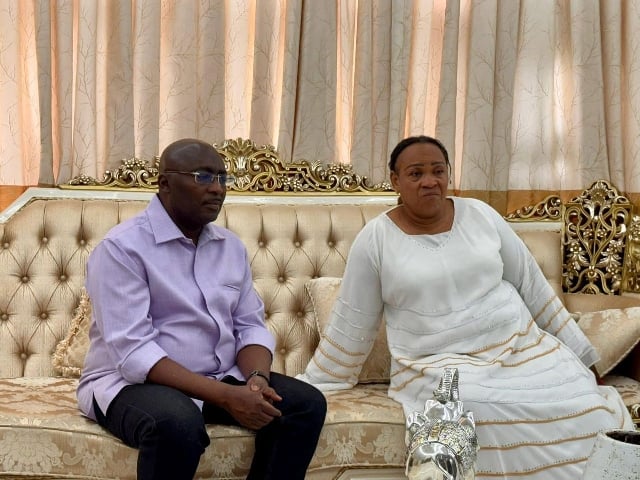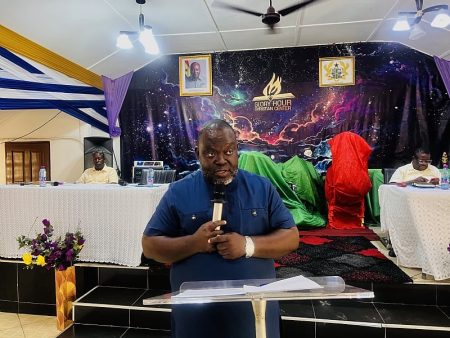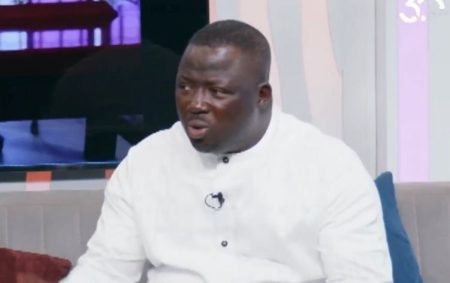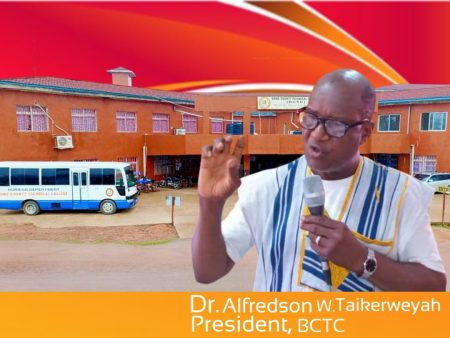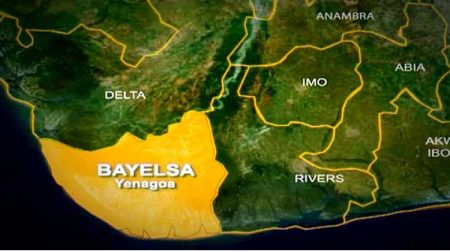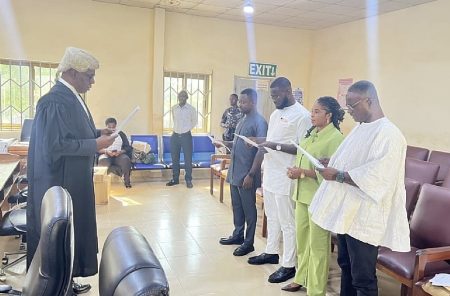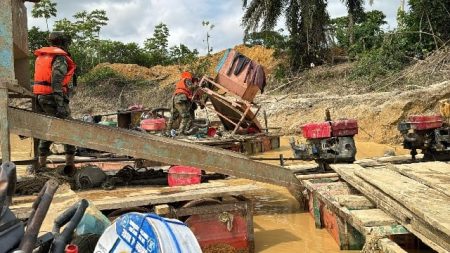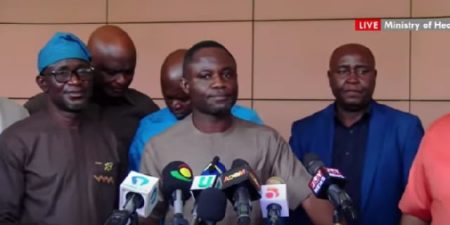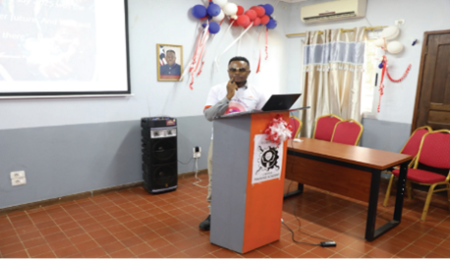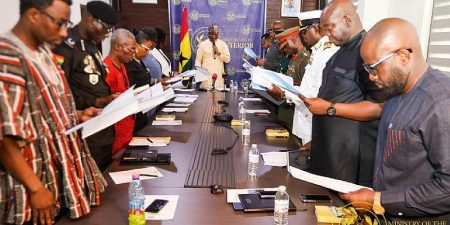The Ablekuma North constituency by-election, intended to address unresolved issues from the 2024 parliamentary polls, descended into chaos on Friday, July 11th, marred by violent clashes and disruptions at multiple polling stations. This volatile situation culminated in a shocking attack on Hon. Mavis Hawa Koomson, the former Minister for Fisheries and former MP for Awutu Senya East, a prominent figure within the New Patriotic Party (NPP). The incident, allegedly involving individuals associated with the opposition National Democratic Congress (NDC), has sparked widespread condemnation and raised serious concerns about the integrity of Ghana’s electoral process and the safety of political figures. The NPP has characterized the attack as a deliberate attempt to intimidate and silence key party members.
The assault on Hawa Koomson exemplifies a growing pattern of electoral violence that threatens to destabilize Ghana’s democratic foundations. The Minority in Parliament has echoed these concerns, highlighting the vulnerability of prominent NPP figures in the face of escalating political tensions. This incident follows a series of similar events that have raised alarms about the increasing use of violence and intimidation as political tools. The repeated occurrence of such incidents underscores the urgent need for comprehensive reforms to address the root causes of electoral violence and ensure the safety and security of all participants in the democratic process.
In a demonstration of solidarity and resolve, former Vice President Dr. Mahamudu Bawumia paid a personal visit to Hon. Koomson at her residence over the weekend following the attack. This gesture, widely interpreted as a strong rebuke of the violence and a message of support for the targeted NPP member, underscored the gravity of the situation and the need for decisive action. Dr. Bawumia’s visit served not only as a personal expression of concern but also as a powerful symbol of the NPP’s commitment to upholding democratic principles and protecting its members from intimidation.
During his visit, Dr. Bawumia expressed his outrage at the attack and called for a full investigation to identify and hold the perpetrators accountable. He emphasized the importance of upholding the rule of law and ensuring that such acts of violence do not go unpunished. His strong condemnation of the attack reflects a broader concern within Ghanaian society about the erosion of democratic norms and the increasing prevalence of violence in the political arena. Dr. Bawumia’s call for accountability resonates with the demands of many Ghanaians who are seeking to protect the integrity of their democratic institutions.
The attack on Hawa Koomson has drawn widespread condemnation from various segments of Ghanaian society, including civil society organizations, political commentators, and the media. These voices have collectively called for swift action to address the underlying causes of electoral violence and safeguard the integrity of the electoral process. The incident has reignited the debate about the role of political vigilantism and the need for stronger measures to prevent its recurrence. The widespread condemnation reflects a growing consensus that electoral violence poses a significant threat to Ghana’s democratic stability.
The incident has placed immense pressure on the Ghana Police Service and the Electoral Commission to take decisive action to restore public confidence in the electoral system. Dr. Bawumia’s visit and his call for a thorough investigation have further amplified these demands. There are growing calls for a transparent and impartial inquiry into the Ablekuma North violence, aimed at identifying those responsible and bringing them to justice. The outcome of this investigation will be crucial in demonstrating the government’s commitment to upholding the rule of law and ensuring the safety and security of all citizens participating in the democratic process. The future of Ghana’s democracy may hinge on the ability of its institutions to effectively address these challenges and restore faith in the electoral system.


